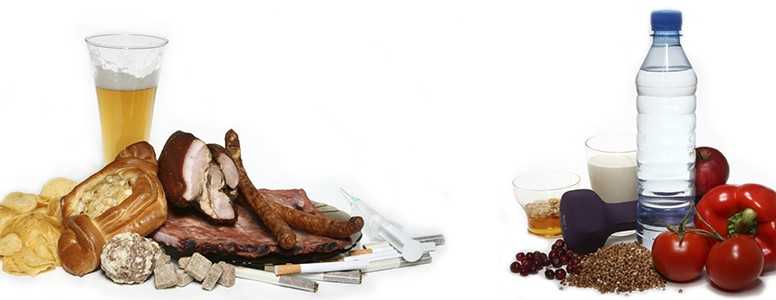Unhealthy food should be taxed in order to prevent obesity and type 2 diabetes, according to the Food Research Collaboration (FRC). The organisation pointed to its success in other countries, including France and Mexico. Junk food sales have declined significantly in those countries since taxes were introduced on unhealthy foods.
The proceeds from the tax could be used to develop better prevention and treatment programmes for people with obesity. The tax could also be used to subsidise healthy foods, such as fruits and vegetables.
Obesity is one of the leading causes of type 2 diabetes, although it is by no means the only cause. Obesity also increases the risk of other health conditions, including heart disease, stroke, and some forms of cancer.
Nearly two-thirds of adults are classed as overweight or obese in England, costing the NHS £5 billion annually. But the issue remains a complex one, with many political and social factors. It cannot simply be blamed on individuals.
In many ways, it is unsurprising that type 2 diabetes and obesity rates are soaring. A recent study found that unhealthy processed food is getting cheaper, while fruit and vegetables are becoming more expensive. The FRC’s report suggests that the healthiest diets cost as much as double the least healthy. A tax would go to some way towards redressing the balance.
Food and sugary drinks taxes have often been proposed as a solution to Britain’s rapidly-growing obesity and type 2 diabetes health crisis. Critics suggest that such measures only affect the poorest in society, who lack the education to make better dietary choices.
“Governments have for too long been in a fantasy world where cheap food is celebrated as a good thing, without including the externalised costs in the form of ill-health, rising healthcare costs and lost human potential,” said Food Research Collaboration chief Professor Tim Lang.
“Food taxes may make politicians nervous but must be explored, not least because everybody pays in the end through NHS costs or lost quality of life.
“This paper provides a serious overview of food taxes, which is timely given the political delicacy about NHS budgets and pressures on healthcare from poor diets.
Dr. Laura Cornelse, a research fellow at London School of Hygiene and Tropical Medicine, was invited by the FRC to co-write the paper. She said: “Statistics on our health status consistently show that nutrition-related health in the UK is not getting any better, so it seems that whatever has been so far is not enough.
“Measures such as taxes should be more seriously considered, as consumers do take prices into account when buying good. However, it’s important not to have illusions that a tax alone will magically solve our nutrition-related problems.”
What's new on the forum? ⭐️
Get our free newsletters
Stay up to date with the latest news, research and breakthroughs.




